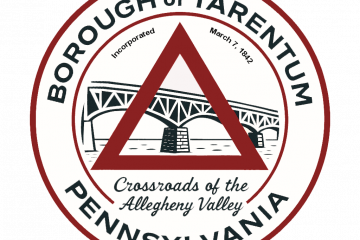The annual electric rate survey has been released, providing residents with a detailed comparison of electricity costs across different providers. The results highlight how Tarentum Borough’s publicly owned municipal power system continues to offer significant value. Compared to investor-owned utilities like Duquesne Light and West Penn Power, Tarentum’s rates remain competitive, with residents paying $0.152 per kilowatt-hour (kWh) in 2024, notably lower than Duquesne Light’s $0.226/kWh and the Pennsylvania PUC utility average of $0.187/kWh. Tarentum’s rate remains affordable even compared to West Penn Power’s $0.156/kWh.
Publicly owned municipal power systems, such as Tarentum’s, offer significant benefits to residents, making them an appealing alternative to investor-owned utilities. One of the most notable advantages is that the rates charged for electricity are often comparable to, or even lower than, those of investor-owned utilities.
What sets municipal power apart is not just its affordability but how the profits are used. In investor-owned utilities, profits typically go to shareholders. However, in a borough like Tarentum, any surplus revenue generated by the power utility is reinvested directly into the community. These funds support vital improvements such as park renovations, hiring additional police officers, and providing facade improvement grants to local businesses. This reinvestment helps enhance the quality of life for all residents, ensuring that public spaces and services continually improve.
Furthermore, the power utility’s rates and policies are controlled locally. Through their votes for Borough Council members, residents have a direct say in how the utility is managed. This local control ensures that the community’s needs and priorities are always at the forefront. It creates a system where transparency, accountability, and the public good are prioritized, offering a unique opportunity for residents to shape their community’s future through democratic participation.
In sum, municipal power systems like Tarentum’s not only provide reliable and often more affordable electricity but also ensure that the profits stay within the community, funding essential projects and services. This model of community control offers a level of local engagement and reinvestment that investor-owned utilities simply cannot match.

